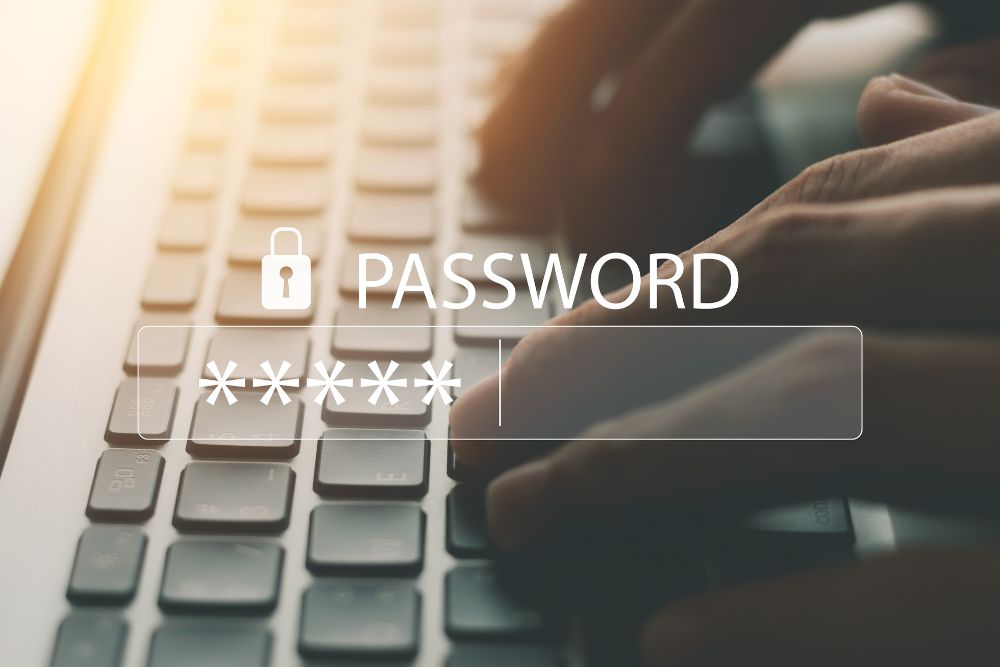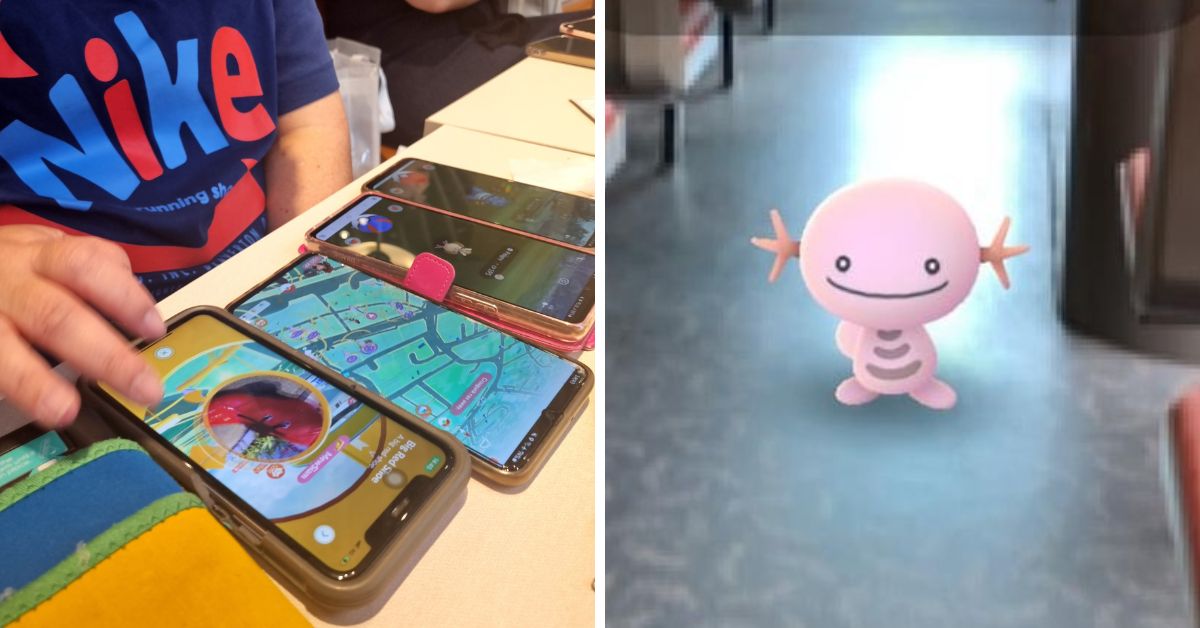
A friend of mine recently recounted how he had received a notification on his mobile phone from Facebook, reminding him that it was a friend’s birthday. Nothing out of the ordinary- except this friend had passed away last year. That unexpected reminder set me thinking about the digital legacy we leave behind and how little we often consider what happens to them after we’ve moved on.
In today’s digital world, much of our lives is online. Taking steps to organise and protect your digital assets – photos, social media profiles, online accounts – help ensure they’re well cared for and remain in trusted hands when we’re gone.
Planning ahead for your digital legacy can avoid unwelcome surprises and ensure your online presence reflects your wishes.
From selecting a digital executor to preparing instructions for social media accounts and safeguarding important files and passwords, there are simple ways to begin this process.
Preserving your digital legacy is about more than protecting memories; it also offers peace of mind to those you hold dear.
Advertisement
What forms your digital legacy?
Digital Assets

When we talk about digital assets, we mean all the online stuff that matters to you personally. In some ways, we’re content creators of sort, so inevitably we’ll leave a lot of personal digital footprints in the domain of cybers-space. Some examples of digital assets include:
- Social media accounts
Platforms like Facebook, Instagram, and X (formerly Twitter) let you share moments, photos, and updates with your circle of family and friends. You might even have a private Facebook group for family members where you keep everyone updated or plan gatherings.
- Messaging apps
These platforms include WhatsApp, Telegram and Line and are used for daily communications. In Singapore, WhatsApp is super popular among us seniors. It’s easy to use, and you can text, send voice messages, or even have video calls. It’s perfect for staying in touch with family, sharing pictures, and organising meetups.
- Email accounts
Your email doesn’t just hold important communications: it’s also home to sentimental messages, like birthday greetings from your grandchildren or notes from old friends. And let’s not forget, emails can also store important documents, like your will, bank and insurance documents, or property records.
- Photos and videos
Think of all the precious moments you’ve captured on your phone or camera—wedding photos, family reunions, holidays. These digital images and videos are like a visual storybook of your life, showing all the milestones and special moments.
- Documents
Cloud services like Google Drive, Dropbox, or iCloud store essential documents such as your precious photos and videos, will, medical records, or financial statements. Having these available online means that your family can easily access them whenever needed.
For many seniors, the internet is a lifeline that keeps them connected to the world. Social media and messaging apps helps maintain those strong ties with family and friends, no matter the distance.
Digital photos are a way to relive the highlights of your family’s history, and keeping important documents online ensures they’re always within reach, especially when dealing with physical paperwork becomes tricky.
The Singapore Digital Society report from the Infocomm Media Development Authority (IMDA) found that in 2022, 86% of seniors in Singapore use the internet to gather news and information – proof that being tech-savvy is becoming increasingly important for the older generation.
What happens to your digital assets after you pass on?
Social Media Platform Policies

Knowing what happens to your digital assets on major platforms when you’re no longer around is essential. Here’s a quick rundown of key policies along with links to their guidelines:
Facebook offers two options for accounts after someone passes away: memorialisation or deletion. You can designate a “legacy contact” who can manage limited aspects of your memorialised account, such as posting a final message, managing friend requests, and updating your profile picture. However, they cannot log into your account or access private messages.
When a Facebook account is memorialised, the word “Remembering” appears next to the person’s name, and the account’s privacy settings remain as they were when the person was alive. This helps loved ones continue to view the account and reflect on shared memories.
If you do not designate a legacy contact, your family can request deletion by submitting proof of death, such as a death certificate. Learn more about Facebook’s policies here.
Instagram also offers two choices for the accounts of deceased users: memorialisation or deletion (both Facebook and Instagram are under Meta). Once memorialised, the word “Remembering” will appear next to the account name. While the account remains visible, no one can log in or make changes, and all posts will be preserved according to the user’s privacy settings.
Family members can also request complete removal of the account by submitting the necessary documents, such as a death certificate. Instagram may also remove inactive accounts, especially if they haven’t followed platform guidelines for a long time. Check the specifics of Instagram’s policy here.
Google has a built-in tool called Inactive Account Manager, which allows users to specify what happens to their account after a certain period of inactivity. You can choose to notify specific contacts, grant them access to certain data, or delete the account entirely. This tool can be set to trigger after three, six, 12, or 18 months of inactivity.
If a user passes on without setting this up, family members can request data access by providing legal proof, like a death certificate. Google is cautious about privacy, so the account won’t be fully transferred, but specific data like emails or photos might be made available under strict conditions.
For inactive accounts, Google may delete them after two years of inactivity, as part of its updated policy from 2023. Read more about Google’s policy here.
- X (formerly Twitter)
X (formerly Twitter) offers a process for managing accounts after someone passes away. Family members or authorised representatives can request either memorialisation or deactivation of the account. When an account is memorialised, it is locked, preventing any changes or logins, while the user’s tweets and profile remain visible to followers. The account is marked as “Remembering” to signify that the user has passed away.
If the family prefers, they can request account deactivation by providing documentation such as a death certificate or obituary. Inactive accounts may also be deactivated after a period of inactivity, typically around 30 days, and users may receive notifications encouraging them to log in to maintain activity. Learn more about X’s policies here.
WhatsApp handles inactive accounts by automatically deleting them after 120 days of inactivity. This means that if the account hasn’t been accessed in that time frame, all messages and data are deleted from the servers. WhatsApp does not offer memorialisation like Facebook or Instagram.
If a loved one has passed away, you can manually delete the account by using the phone number associated with it. Simply go into the app, navigate to “Settings” > “Account,” and select “Delete My Account” to remove all linked data.
Besides setting up the above, do also regularly check and update the privacy settings on your social media accounts. For instance, ensure that only approved friends can see your posts and personal information. This helps protect your privacy and gives you control over who sees your content, even after you’re gone.
Cloud Files

Files stored in cloud services like Google Drive, Dropbox, and iCloud too have distinct policies regarding accounts when the owners have passed on, focusing primarily on data access, management, and account deletion. Here’s how each service typically handles these situations:
- Google Drive
Google Drive, as part of a suite of apps from Google, similarly provides an Inactive Account Manager, which allows users to set up what happens to their data after a specified period of inactivity (three, six, 12, or 18 months). Users can choose to notify trusted contacts or delete the account entirely after the inactivity period.
If a user passes away without setting this up, family members can request access to the deceased’s data. Google requires legal documentation, such as a death certificate, and emphasises privacy laws, meaning they may not allow full account transfers but can provide access to specific files like photos and documents. More details can be found on Google’s support page here.
- Dropbox
Dropbox allows users to specify an Inactivity Policy, which involves automatically deactivating accounts after a period of inactivity. However, Dropbox does not have a formalised policy specifically for deceased users.
To access the account of a deceased person, family members or legal representatives would need to provide proof of death and might be required to confirm their relationship to the account holder. The data can then be made available to the family under specific circumstances. For more information, check out Dropbox’s help centre here.
- Apple's iCloud
Apple’s iCloud services have policies for managing accounts when a user passes away. They recommend that users enable Legacy Contact settings, allowing designated individuals to access iCloud data after death. Users can select contacts to have access to their iCloud account upon verification of death.
If no Legacy Contact is set, family members can request access to the account, but they would need to provide appropriate documentation, such as a death certificate. Apple maintains privacy standards, so again, access may be limited. More details are available on Apple’s support page here.
Overall, cloud services generally focus on ensuring that users’ data is either preserved for loved ones or deleted according to the deceased’s preferences. It is advisable for account owners to take proactive steps, such as setting up Legacy Contacts or using Inactive Account Managers, to manage their digital legacies effectively.
How to plan for your digital legacy
Taking control of your digital assets is crucial for ensuring your wishes are respected and your memories are preserved for future generations. Just like you would plan for the distribution of physical assets, planning your digital legacy is equally important.
Key Steps to Take for Your Digital Legacy
- Make a List of Your Digital Assets
- Start by jotting down all your online accounts – think social media, email, cloud storage, and anything else you use. Include usernames, passwords, and what each account holds. This list will help your family know what you have and where it is.
- Pick Someone to Manage Your Digital Assets
- Choose a family member or trustworthy friend who’s pretty tech-savvy. This person will step in to manage your online accounts when you’re no longer around. It’s a good idea to chat with them about it first so they’re on board with the responsibility.
- Use Legacy Features on Platforms
- As mentioned earlier, check out the legacy options that different platforms offer. Setting these up by yourself can make sure your wishes are followed. Again, let your family members know about the options you’ve set.
- Write Down Your Wishes
- Create a clear guide for your loved ones on how to access your accounts and what you want done with your digital stuff. This can really help reduce confusion and stress during a tough time. Make sure to include details about handling sensitive info like financial accounts or personal messages.
Extra Tips
-
Include Your Digital Plans in Your Will:
If you can, mention your digital legacy in your will. This can help make sure everything is clear and official. -
Keep It Updated:
Your digital world changes, so make sure to regularly update your inventory and instructions as you create new accounts or change passwords. -
Talk to Your Family
It’s a good idea to discuss your digital legacy plans with your family. That way, they’ll know what to expect and who to reach out to if they need help.
By taking these steps, you can help your loved ones manage your digital life with ease. For those who are more techy savvy, here are some other ways that may help to simplify the process further.

- Secure Password Sharing
Using a password manager can simplify the process of securely sharing access to your accounts with family members. These tools can store and encrypt passwords, allowing you to share access without exposing your credentials directly. Some popular password managers include 1Password, Nordpass, and LastPass, which offer user-friendly interfaces ideal for seniors.
- Creating Shared Cloud Storage
Consider establishing shared folders in cloud storage specifically for family photos and important documents. For example, you can set up a shared Google Drive or iCloud folder where family members can upload photos from gatherings, share documents, and collaborate on projects. This encourages collaboration and ensures that these assets are preserved and accessible to your family.
- Managing Your Online Presence
It’s important to periodically clean up old or unused accounts. This minimises the risk of identity theft and keeps your online footprint manageable. For example, if you have old accounts on platforms you no longer use, consider deleting them. Regularly updating passwords and using two-factor authentication (if available) can further enhance security.
Legal Considerations
Currently, Singapore does not have specific legislation governing the inheritance of digital assets. However, general principles of property law do apply. This means that including your digital assets in your will can help clarify your intentions and ensure that your wishes are respected.
Given the complexities of digital inheritance, consulting a legal expert who specialises in estate planning can be invaluable. They can assist you in structuring your digital legacy and ensuring that all legal documentation accurately reflects your wishes. For example, a lawyer can help you draft a will that includes specific instructions regarding your digital accounts.
Emotional and Psychological Aspects

Planning for your digital legacy can evoke various emotions, from sadness to reflection. It’s important to recognise that this process involves more than just logistics; it’s about preserving memories and relationships.
Consider setting up a memory book or digital scrapbook where you can collect favourite photos, stories, and messages from loved ones. This not only helps you organise your thoughts but also serves as a precious gift for your family.
Creating memorial accounts or dedicated pages for loved ones can help family members share stories, photos, and memories. For instance, if a family member has passed away, setting up a Facebook memorial page allows friends and family to celebrate their life and share memories in a respectful way.
One can also explore options for digital scrapbooks or multimedia presentations that integrate photos, videos, and audio messages. Tools like Canva or Adobe Spark can help you create visually appealing keepsakes that preserve memories in a meaningful way.
Conclusion
Taking charge of your digital assets is not just about managing data- it’s about preserving the memories, connections, and stories that define your life.
By planning ahead, you ensure that the moments you’ve shared, the milestones you’ve celebrated, and the bonds you’ve nurtured continue to live on in the hearts of future generations.
Seniors are encouraged to tap into local resources, seek guidance in navigating the complexities of digital legacy planning, and, most importantly, have meaningful conversations with their families.
Your digital presence is a reflection of your life’s journey and a precious part of your identity. By safeguarding it, you are offering your loved ones a heartfelt gift: a lasting connection to you, your stories, and the memories that shaped your life together.






